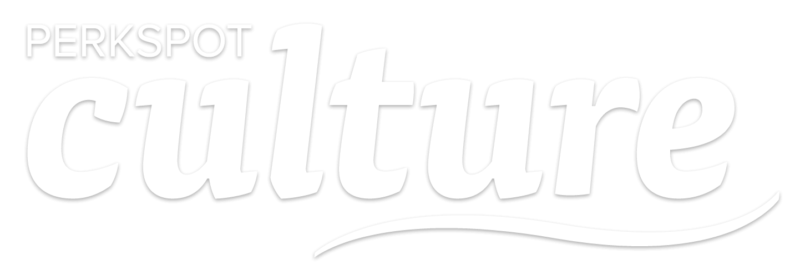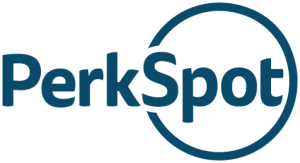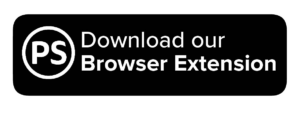What Gen Z Wants
Out with the old and in with the new! Generation Z is entering the workforce, and it is time for organizations to be prepared for their many needs compared to millennials. The next group of young adults is a tech-savvy and inquisitive group of talent, born in a time when political and socioeconomic polarities impacted society (think: economic crash, Sandy Hook, etc.).

If you’re looking to redefine your employee appreciation language for the next generation of workers, consider this.
Who Are Gen Z
Generation Z are born after 1995 and have major respect for personal engagement at work and technology to balance work productivity. These employees will travel the world in order to pursue the career of their dreams. Most are highly intelligent and curious, asking questions on the job to develop ideas for operational improvement initiatives. Unlike millennials, they have realistic expectations for their employers and are vocal in presenting their ideas, despite their lack of work experience.
What Gen Z Wants
As you review a student resume, it is important to search for the skills of your ideal employee that can add value to the team. Try searching for action words such as “invented”, “developed”, “organized”, and “achieved” when creating a shortlist of candidates. Generation Z’s experience will primarily be in committee work on campus, volunteering, internships, and classroom projects, which offer transferable skills that can be used in the workplace. Their lack of experience is an advantage because their perspective of the outside world and discussions with their parents can result in unconventional ideas that can potentially help a company grow.
Salary Expectations
Generation Z grew up when the economy started to recover in North America. If the economic downfall didn’t impact their parents, someone in their circle of friends has a story. This age group, unlike millennials, does not expect to be guaranteed a high salary after graduation. Most realize that the starting salary can start at less than $36,000. According to Fast Company, “Among young college graduates, average wages are $19.18 per hour—only 1.4% higher than in 2000.” Nonetheless, there is an expectation that with experience and time also comes an increase in income before retirement.
Open Discussions with Management
Technology is second nature to Generation Z, but a face-to-face connection with their manager is still vital for career development. It is important to foster open communication. When employee’s feel heard, this adds value to their work experience. These professionals aim to work at organizations that will guide their career with regular performance evaluations.
Workplace Cultures
Flexible workplaces are here to stay for Gen Z with an emphasis on an area for employees to relieve stress and focus on work-life balance. The CEO should project this type of culture down to management. This helps the group flourish in a company that genuinely practices these initiatives.
Here is a list of flexible work options to consider:
- A gym in the building
- Room for employees to destress (i.e., game room, TV room, sleep room)
- Options to work from home (i.e., once a month)
In addition, well-being programs and personalized healthcare benefits for employees are additional examples worth implementing at your company.
Acknowledged and Taken Seriously
There are many common misconceptions about Generation Z. They do not respect authority, are glued to their phones, lack social skills, and do not want to work hard. The truth is, Gen Z has an entrepreneurial spirit. However, this also comes with its own advantages. Gen Z isn’t afraid to work longer hours and benefits from how their work positively impacts a company. This group values the opinions of their superiors and working alongside seasoned professionals in their department. They have the confidence to socialize with executives in meetings and share their ideas about customer experience improvements.
As you begin hiring Generation Z at your business, consider what these employees want, the strengths of this generation, and the desired benefits in your decision-making process.






